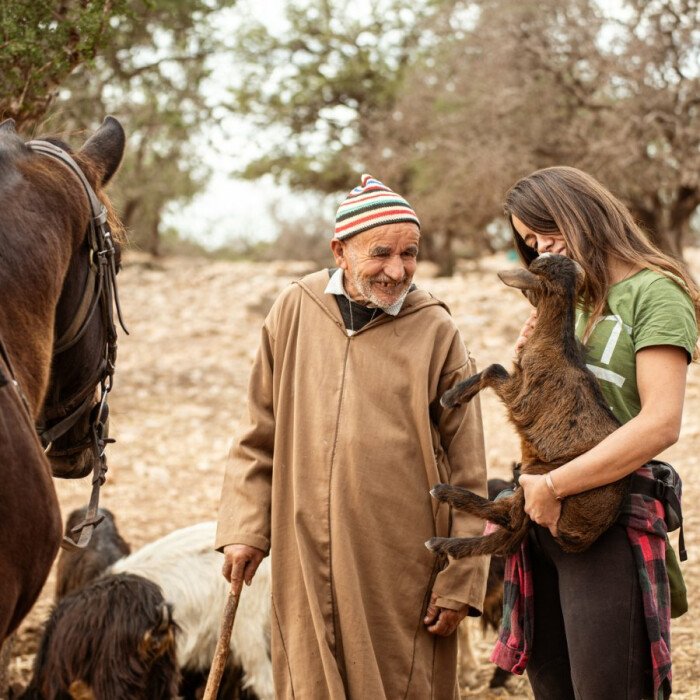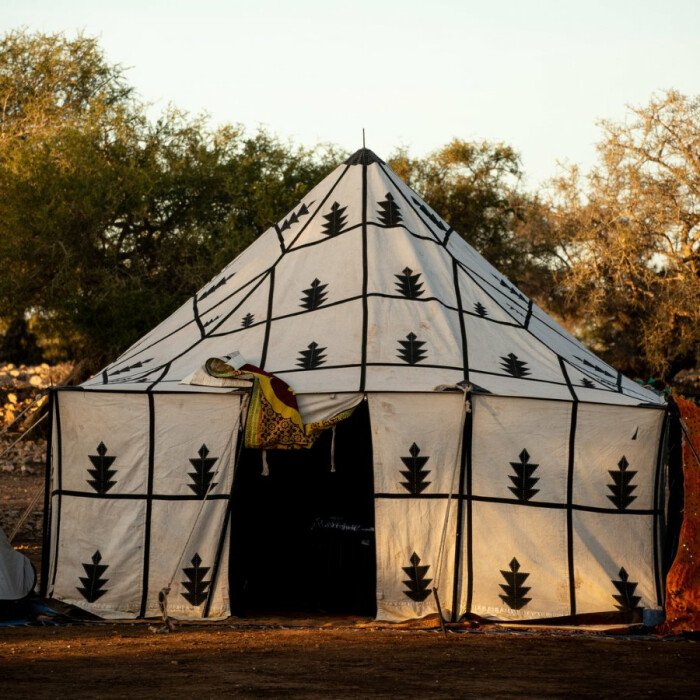What is the best time to visit Morocco? In this article we will explain when it is useful to organize a trip and what to visit, to discover the most authentic part of this splendid land.
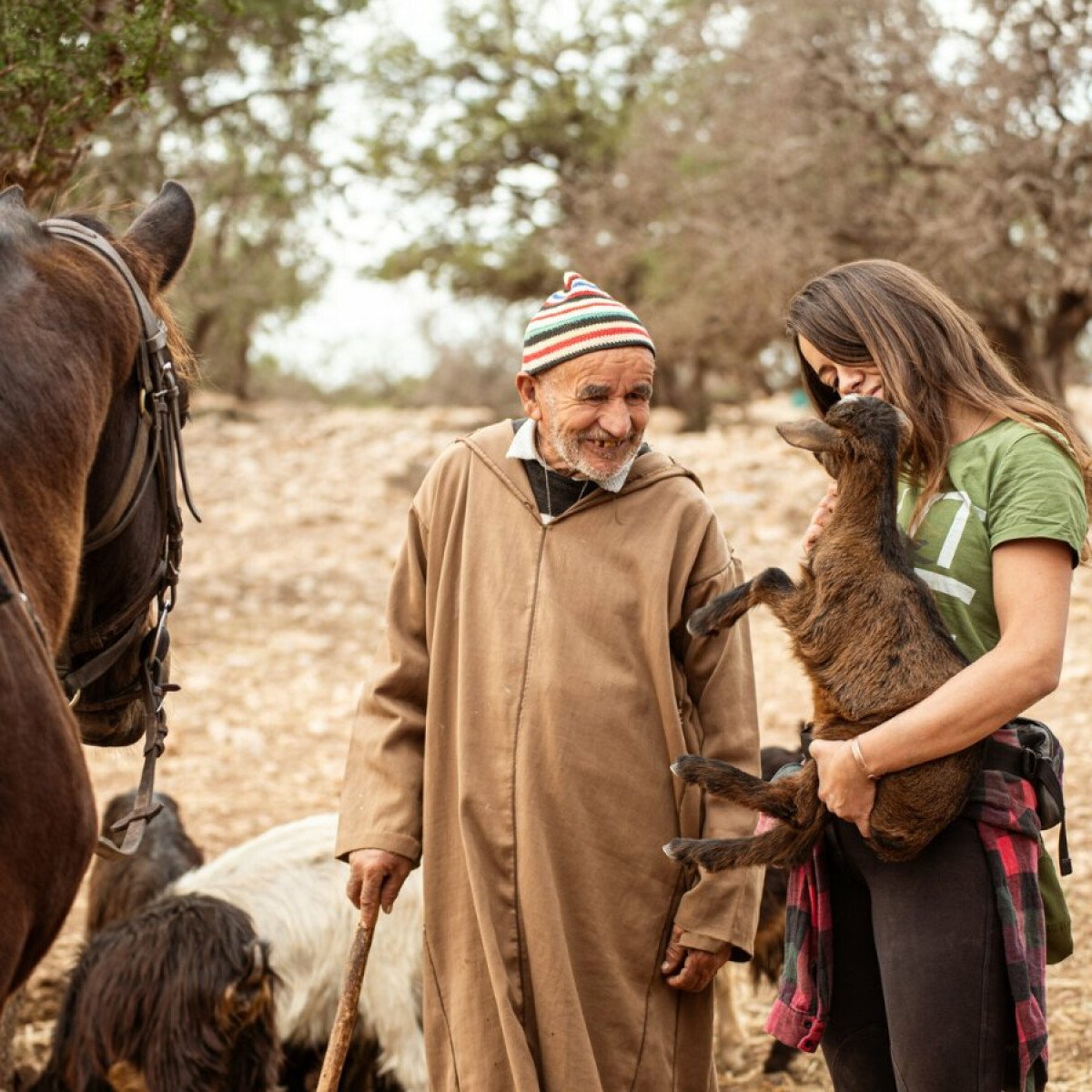
When is the best time to visit Morocco? Any month is a good time to plan a trip from Italy to Morocco, but if you can choose, it’s much better to travel during the low season.
In winter, for example, the days are long enough to enjoy plenty of activities, and the temperatures are probably the most pleasant of the year—warm but not too hot. Another advantage is that both flight and accommodation prices are generally lower in the off-season.
For all the practical information you need to plan your trip to Morocco, you can read our article: Planning a Trip to Morocco: Tips from Ranch de Diabat.
During the low season, there are fewer tourists around, making it the best time to discover the authentic Morocco. You’ll have more chances to meet locals and experience the unique character and traditions of each place.
Traveling far from mass tourism destinations, it’s not unusual to be welcomed into private homes for a chat, to exchange stories, sip tea, or even take part in a village celebration—or perhaps unexpectedly join a wedding! That’s why the low season is the best time to explore Morocco and build genuine connections with the land and its people.
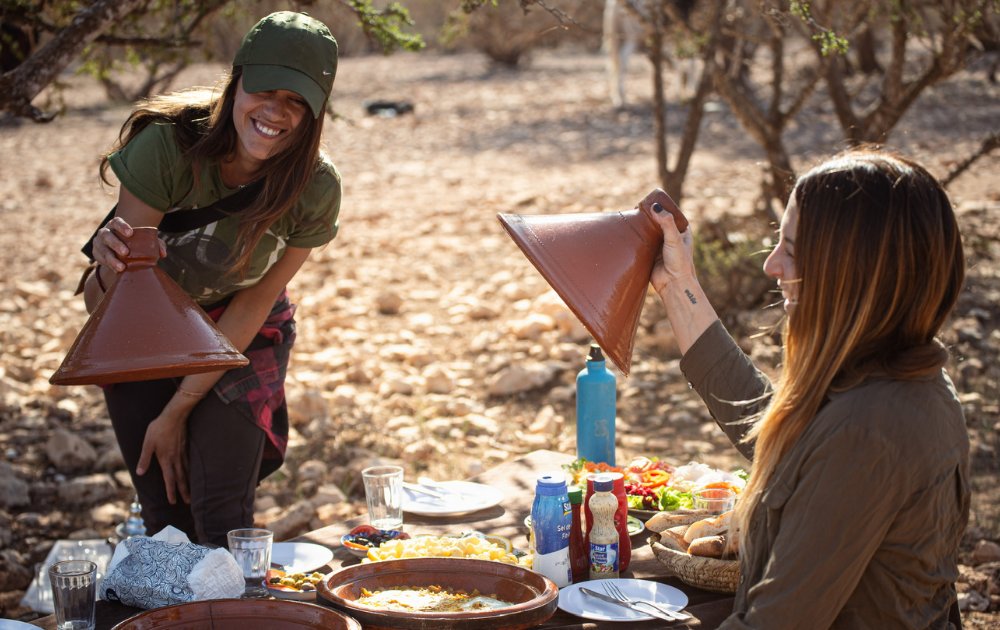
Authentic Morocco: meeting the people
A travel itinerary in Morocco should always include a few days in rural areas inhabited by the Amazigh people. Here, it’s easier to truly experience the hospitality, generosity, and spirit of sharing that define small communities and villages.
Few cars pass through these parts, and mules are still the main mode of transport. Often, bringing a small gift like fruit or dates is enough to be welcomed with open arms.
Even after all these years living here, I still feel the same emotions every time I guide a group through Amazigh villages. Some time ago, during a horseback excursion, I passed by a woman’s garden as she was baking bread on a fire. Without me asking for anything, she offered me a piece—a simple yet powerful gesture, made with the spontaneity of someone who may have little but gives you everything. It’s the kind of moment that stays with you as one of the most precious memories from a trip to Morocco.
If you decide to spend a few days with a local family, you’ll be able to fully immerse yourself in local life and enjoy a truly unique travel experience. Ranch de Diabat can help you arrange a stay with families in nearby villages, giving you the opportunity to support the local economy in a responsible way.
Local markets: souks and hanout
Another must-do experience to really understand daily life in Morocco is visiting local markets. We’re not just talking about the colorful weekly souks you’ll find in every city, often featured in countless social media photos.
A different but equally fascinating experience is visiting the hanouits—small village shops where locals buy everyday essentials. The thrill of being in the middle of nowhere and still finding everything from toothbrushes to lighters, band-aids to gas canisters, reveals a whole new layer of Moroccan daily life.
For us, the authenticity of a trip to Morocco lies in the opportunity to witness everyday life up close, far from mass tourism and the mainstream images we’re used to seeing online. Getting to know the unique traits of each area and traveling with the aim of valuing them is also the best way to be a responsible and sustainable traveler.
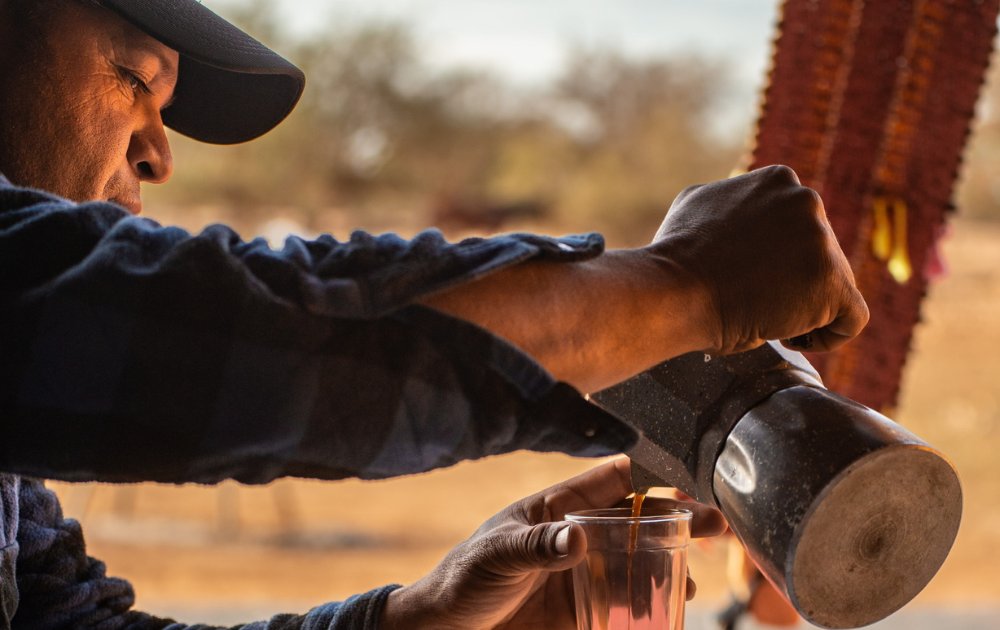
Authentic Morocco: sustainable travel to support the local economy
If you truly want to connect with the people and discover the soul of the country you’re visiting, the most effective—and ethical—way is to buy goods and services from local providers.
Choose accommodations owned by Moroccan families—better a small riad than a large hotel chain. Hire certified local guides, take part in excursions run by people who live there, and always be respectful of both people and animals. Traveling in small groups, instead of large ones, also helps reduce your impact on the environment and local communities.
You can also support the local economy by purchasing locally made products. Moroccan craftsmanship is so unique and high in quality that it has been recognized as part of UNESCO’s Intangible Cultural Heritage. Bringing home a handmade item from an artisan is a way to support small communities and take home a special, high-quality souvenir.
But be careful: there are also many low-quality, mass-produced items that have nothing to do with authentic Moroccan crafts. So how can you tell the difference? Real handcrafted items often show small imperfections, as they’re made entirely by hand. The shapes are refined, and the materials are high quality—unlike the plastic and uniform look of mass-produced copies.
Respecting customs and traditions in Morocco
Traveling authentically also means taking on a small responsibility: always respecting local customs, sensitivities, and traditions, even when they differ from yours. Morocco is a Muslim country, so modest clothing is appropriate—especially in rural areas—covering shoulders and knees. Extra attention is needed if you travel during Ramadan; it’s a good idea to ask locals how best to behave during the day regarding food and drink.
Authentic Morocco: experience it with Ranch de Diabat
In line with our commitment to preserving the authenticity of our land and the people who live here, at the Ranch we put great care into respecting the environment and nurturing meaningful connections between travelers, locals, and animals. Our bond with Morocco begins with the horses who live with us at the Ranch and accompany us as we explore the natural beauty around Essaouira.
We invite you to discover authentic Morocco with us, in the company of our horses. We organize horseback treks in Essaouira, along the Atlantic coast, or into the Moroccan desert. We’ll guide you through Amazigh villages and give you the chance to spend the night in an Amazigh bivouac, set up in places where you can admire breathtaking sunsets, taste local cuisine, and immerse yourself in the culture through music and dance.
Discover our activities: Horseback trekking in Essaouira
